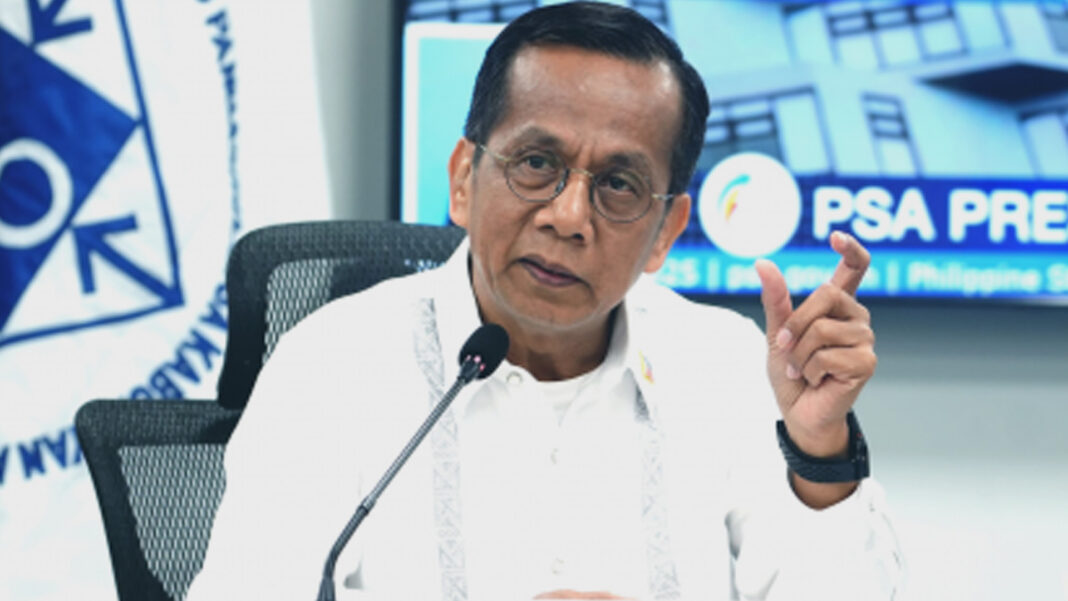Measures are in place to rebuild consumer and business confidence and help the domestic economy achieve its potential growth following the weaker-than-expected performance in the third quarter of 2025.
In a briefing for the third-quarter gross domestic product (GDP) report Friday, Department of Economy, Planning, and Development (DEPDev) Secretary Arsenio Balisacan said these measures include fast-tracking the implementation of social and financial aid for disaster-hit facilities and communities to bolster economic activities.
Balisacan cited as crucial the pursuit of free trade agreements with the United Arab Emirates, Chile, the European Union, and Canada; the full implementation of the Regional Comprehensive Economic Partnership (RCEP); prioritization of underutilized programs; full utilization of this year’s national budget; and pursuit of legislative measures and operational reforms to address issues on governance and ensure efficient financial management.
These measures are being implemented to help the domestic economy regain its footing, after GDP slowed to 4 percent in the July to September period, from 5.49 percent in the previous quarter and 5.2 percent in the same period last year.
The average growth to date stood at 5.49 percent, below the government’s 5.5 percent to 6.5 percent target band for the year.
Balisacan traced the slower expansion to the impact of measures aimed to address anomalies in government infrastructure projects and the effects of weather disturbances on economic activities, among others.
These factors, he said, “reflect and affect consumer and business expectations and provide a clear signal for the government to act boldly and decisively.”
“While we may not be able to fully recover the economic losses within the year, we believe these are temporary setbacks. With sustained interventions and improved resilience, we expect the economy to rebound in 2026,” he added.
Balisacan also cited the need for greater contribution of the private sector in the fight against corruption since this goal needs a whole-of-society effort.
He said he is maintaining a positive outlook on the economy, citing the strong macroeconomic fundamentals, such as low inflation environment, manageable fiscal deficit and public liabilities, stable currency and external balance, and stable banking sector, along with a good demographics.
Balisacan also underscored the seasonal uptick of demand in the last quarter of the year, which boosts economic activities, and the resilience of inflows from overseas Filipino workers (OFWs), which fuels domestic spending.
For the last quarter of the year, the economy needs to grow 5 percent or as much as 6.8 percent to achieve the growth target for the year, he said, but admitted this is already challenging due in part to the impact of weather disturbances, among others.
“But my own take is that if we can get at least to the fives, that would be a very good achievement given the shocks that we’ve not anticipated and that had happened,” Balisacan said.
With the measures that are in place, the DEPDev chief said, economic performance for the last quarter of this year is expected to be better.
“And so, moving forward, especially for next year, we should be able to come stronger,” he added. (PNA)


